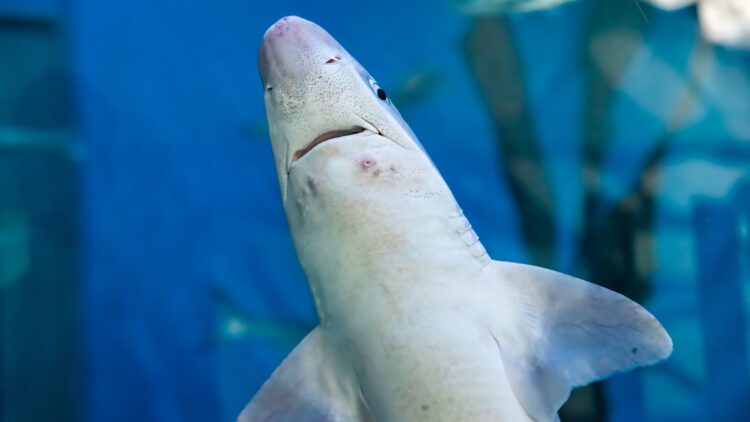Sharks are some of the most feared animals in the world and with good reason. While attacks are quite rare, plenty of movies and survivor stories have ensured that we are as afraid of them as they likely are of us. But even predators can become prey and there is always another animal, or even humans, that can outmatch them, and in this case the feared white shark, one of the scariest of them all, is being hunted, and not by humans.
White sharks were especially common in the coast of South Africa, but a few years ago, in 2017, researchers noticed something odd happening, and that is that these animals were starting to disappear from what once was considered their natural habitat. At first, experts blamed things like overfishing, and with the pandemic a couple of years later, the problem fell on the wayside, but in 2022 they discovered the cause of the problem and it was quite unexpected.
The reason why white sharks are disappearing from the South African coast
Believe it or not the culprits are two killer whales, nicknamed Port and Starboard that are actively hunting the great whites, tearing into them and slurping out one particular organ: the liver. It turns out these livers are packed with nutrients and fat, basically energy gold for orcas. Since 2017, nine dead great whites have washed up around Gansbaai, a coastal town in South Africa, many with their livers cleanly removed, and a few missing hearts too.
Other species are also suffering these attacks, broadnose sevengill sharks have also been killed in brutal numbers, one day they killed at least 17 of them. And it is not an isolated incident, experts now believe that it is a pattern and that there are likely more shark deaths that just have not made it to shore.
Marine biologist Alison Towner and her team, using data from tagged sharks, tracked how the animals reacted to orca sightings near Gansbaai and what they saw matched with previous reports of sharks fleeing in response to killer whales. According to their data, it was a full-blown exodus. “Initially, following an orca attack in Gansbaai, individual great white sharks did not appear for weeks or months,” Towner explained. “What we seem to be witnessing though is a large-scale avoidance (rather than a fine-scale) strategy, mirroring what we see used by wild dogs in the Serengeti in Tanzania, in response to increased lion presence. The more the orcas frequent these sites, the longer the great white sharks stay away.”
Over five years, her team followed 14 tagged great whites that fled whenever the orcas appeared and shark sightings across various bays have since taken a steep dive. That is not normal. Since records began, great whites had only ever disappeared from Gansbaai twice for more than a week: once in 2007, and again in 2017, but now they are gone for much longer and still have not fully come back.
It has caused a complete change in the ecosystem, a with great whites gone, copper sharks have started to move into the area, as they are typically hunted by great whites, but the orcas are now hunting them instead.
“However, balance is crucial in marine ecosystems, for example, with no great white sharks restricting Cape fur seal behavior, the seals can predate on critically endangered African penguins, or compete for the small pelagic fish they eat,” said Towner. “That’s a top-down impact, we also have ‘bottom up’ trophic pressures from extensive removal of abalone, which graze the kelp forests these species are all connected through. To put it simply, although this is a hypothesis for now, there is only so much pressure an ecosystem can take, and the impacts of orcas removing sharks, are likely far wider-reaching.”
The worry now is that this new hunting behavior puts even more pressure on a species already struggling to bounce back. “The orcas are targeting subadult great white sharks, which can further impact an already vulnerable shark population owing to their slow growth and late-maturing life-history strategy,” Towner added.

